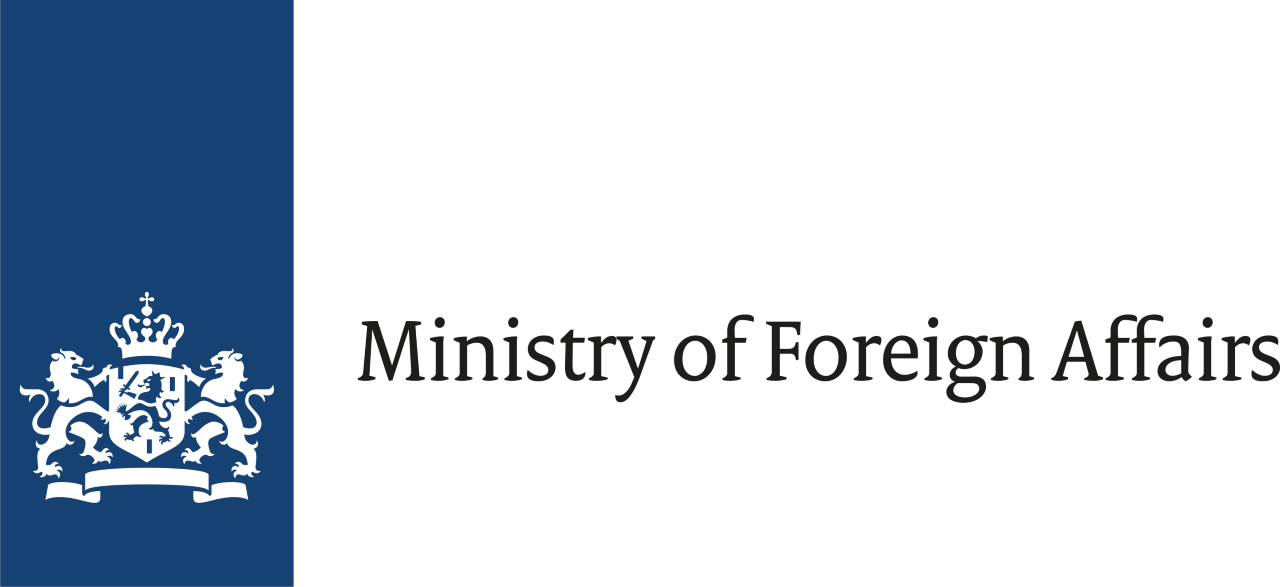Ombuds Institutions
Ombuds institutions (sometimes referred to as National Human Rights Institutions) are independent oversight bodies that receive complaints and investigate matters pertaining to the protection of human rights and prevention of maladministration. Their role in contributing to peace and sustainable development has been specifically recognized under SDG 16 through the inclusion of target 16.a on strengthening national institutions to prevent violence and combat crime and terrorism, and its corresponding indicator 16.a.1 on the existence of independent national human rights institutions in compliance with the Paris Principles.
By helping to resolve grievances and by holding the security sector accountable, ombuds institutions can also contribute to SDG target 16.3 on promoting the rule of law and ensuring access to justice for all, and SDG target 16.6 on developing effective, accountable and transparent institutions. Through these functions, ombuds institutions help ensure that security actors behave in accordance with the rule of law and with respect for human rights — important conditions for preventing, managing, and resolving conflict and by extension, contributing to SDG target 16.1 on reducing armed violence. More information on the contribution of ombuds institutions to SDG 16, in particular 16.1 on reducing armed violence
We invite you to use the below database to search for good practices on how ombuds institutions can contribute to realizing SDG 16. These practices are illustrations aimed to inspire further initiatives and policies by adapting those to the needs of different contexts.
 Search our Database
Search our Database
2 Based on the regional groupings for the SDG report and database.
Search Results

DCAF’s SDG 16 project seeks to position Security Sector Governance and Reform (SSG/R) as a key policy tool for the realization of SDG 16 on peaceful, just and inclusive societies. The project focuses on three oversight actors — parliaments, civil society, and ombuds institutions — and develops SDG 16-specific guidance that supports SSG/R in the context of the 2030 Agenda.
For more information, please visit www.dcaf.ch/sdg16 or contact us via e-mail (sdg16@dcaf.ch).

The project is funded by the Ministry of Foreign Affairs of the Netherlands.